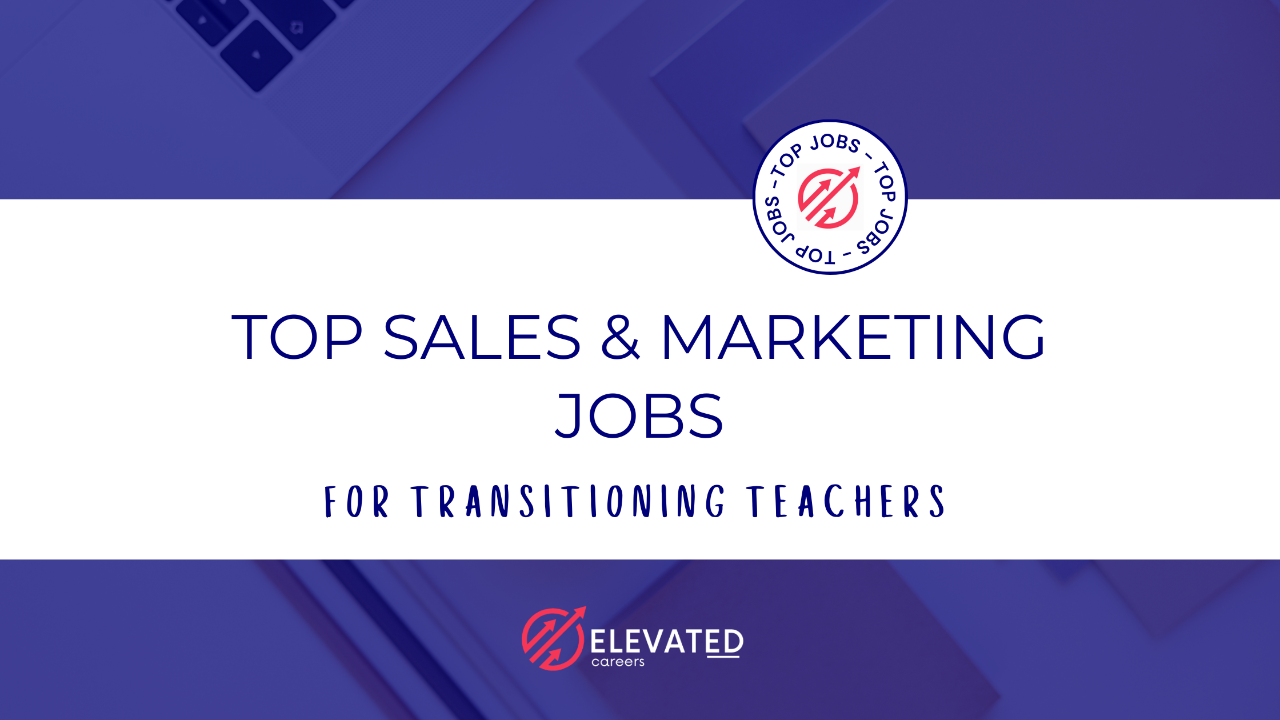How I Got Promoted In One Year (And How You Can Too!)
Nov 14, 2023
I spent my first 12 months at every company I worked for studying who got promoted and why. I took deep dives into feedback structures, the kind of goals that get noticed, and who can help you the most. This is the exact formula I used to get offered a promotion in that year. This resulted in more autonomy, more trust, and more fulfilling work, plus thousands added to my salary! The goal of this post is to teach you that formula so you can get the same results for yourself!
The secret to getting promoted quickly is setting effective OKRs (Objectives and Key Results) and working on them with a zest you’ve only dreamed of until now. What is an OKR, you ask?
Objectives and Key Results (OKRs) is a goal-setting framework that helps companies define and track their objectives and the measurable outcomes that indicate progress toward those objectives. Objectives are ambitious, qualitative goals, while Key Results are specific, quantifiable indicators used to measure achievement.
Here is an example of what an OKR could look like for you in the classroom:

Now, here’s an example of what one looks like in a corporate environment for a Curriculum Developer:

Without further ado, here is my promotion-winning, step-by-step guide to creating clear, ambitious, and achievable OKRs so you can be well on your way to your first corporate promotion (and raise!).
For each step listed below, make sure you record thorough notes. Being able to revisit key info along the way will make your goal setting much more streamlined.
- Understand the Company's Objectives:
- Familiarize yourself with the overall goals and objectives of the company. This includes its mission, vision, and any strategic plans available.
- Meet with Your Manager or Team Lead:
- Schedule a meeting with your manager or team lead to discuss your role, expectations, and how your work contributes to the company's success.
- Ask about team or departmental objectives and how your role fits into the larger picture.
- Ask your manager which objectives are top priorities. These will be the basis of your OKRs.
- Identify Your Strengths and Weaknesses:
- Reflect on your skills, strengths, and areas for improvement.
- Align your goals with your strengths while addressing any areas that need development.
- Align Objectives with Company Goals:
- Your objectives should directly contribute to the company's overall goals. Make this alignment explicit in your OKRs.
- Continuous Learning:
- Include a goal related to your own continuous learning and professional development.
- Stay updated on industry trends and incorporate relevant skills into your objectives.
- Collaborate with Team Members:
- Discuss your goals with colleagues to ensure alignment and gather input.
- Collaborate on shared objectives when possible, fostering teamwork.
- Prioritize:
- If you have multiple objectives, prioritize them based on their impact on the company's success and your role. Don’t know how to prioritize? Ask your manager.
- Get Feedback:
- Share your draft OKRs with your manager or mentor to get constructive feedback.
- Ensure your goals are challenging but realistic.
- Communication:
- Clearly communicate your goals to your team. Transparency helps in gaining support and feedback.
- Track and Review:
- Track your progress by recording every activity you undertake that contributes to progress on your goals.
- Schedule quarterly reviews with your manager to discuss your performance and make adjustments if needed.
- Be Adaptable:
- Be open to adjusting your OKRs based on changing company priorities or unforeseen circumstances.
- Celebrate Achievements:
- Celebrate milestones and achievements along the way. You are doing great things!
Remember, the OKR process is iterative. Regularly review and adjust your objectives to ensure they remain relevant and impactful. Consistent communication and alignment with company goals will contribute to your success and advancement within the organization.










